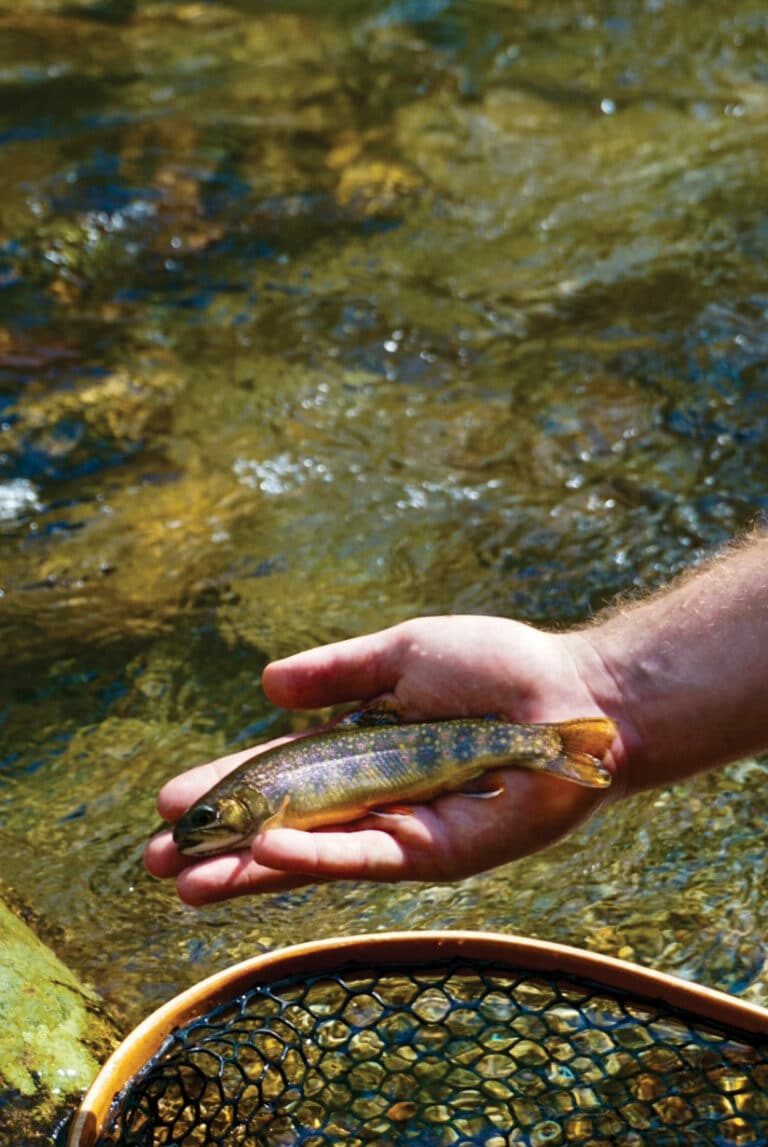The captain is no longer in command of his ship. There has been a mutiny on board. The deckhands are in control and making decisions.
I’m talking about my family here, and in this particular metaphor I would be the captain and my kids would be the deckhands. Is it troubling that I’m referring to my children as barely paid labor? Perhaps. They can work that out in therapy later in life. Right now I need to get across the notion that I have lost control of the situation. Is the metaphor a bit tenuous to begin with because I am in no way the boss, or captain of my family? Yes. My wife is the boss, but she allows me to occasionally address the kids like I have a certain amount of authority. She’s definitely pulling the strings from behind the scenes, but I’m the front man. Consider me the dictator of a puppet state.
My wife also typically lets me make the decisions in regard to our family vacations, because part of my job is to figure out cool adventures for other people to do. We’ve camped on islands off the coast of Florida and spent weeks driving across the desert of the Southwest. We’ve skied across the state lines of California and Nevada and surfed in Hawaii. Our family vacations have been amazing, if I do say so myself, so when recently there was a gap on our collective calendar with no baseball games or volleyball practices, I got excited about the possibilities. We could book a surf camp or raft an iconic river. Or we could bike the Blue Ridge Parkway. All of it!
Ultimately, I settled on a few days of backpacking in the nearby Nantahala National Forest. The plan was simple: We’d trudge off into the wilderness with everything we need on our backs. My kids would learn about self-sufficiency and the joy of spending hours on the trail with no distractions but the birds in the trees. What an amazing vacation, right?! Teenagers love learning life lessons on their days off.
I toyed with the idea of eating only what we could catch in the rivers and forage from the forest, but then I remembered that I’m a terrible fisherman, and that we would starve and/or poison ourselves from picking the wrong root. I don’t want a visit from Social Services, so I added freeze-dried meals back into the plan.
I even picked the perfect spot: Panthertown Valley, a broad, lush indentation between towering cliffs that’s known for its abundance of waterfalls and swimming holes. We’d camp one night next to a sandbar on a river. The other night we could pitch our tents on top of a mountain with a beautiful sunset view. It would be one of those core memories in my children’s lives, an experience they would tell their own children about decades later.
Of course they would resist at first. They’re teenagers, after all—their default setting is to resist. So they would complain for the first few miles that they were alone in the woods without their friends. They would sulk about not having their phones. But after an hour or two of hiking, the rhythm of the adventure would win them over. They would lose themselves in the quiet of the forest, and recharge while gazing into the fire and falling asleep to the sound of the river just outside their tent. We’d have so much together time, they’d feel compelled to tell us about their lives, their hopes and dreams, their fears and triumphs. We’d tell each other “I love you” often.
I’m not saying my kids would literally thank me when the adventure was over, but after we made it back to my truck all dirty and tired from hiking several miles each day, I don’t think a big group hug would be out of the question.
It all fell apart as soon as I introduced the idea to my kids at dinner one night. My family backpacking trip was shot out of the air like a Chinese spy balloon over the open sea.
My 15-year-old daughter looked puzzled and said, “Why would you suggest we go backpacking? It combines my two least favorite things—carrying stuff and walking.”
My son was a little more amenable until he realized we’d be alone in the woods without his friends. “Why would we spend so much time without anyone we know?”
Me: “You’d be with your family. You know us.”
My son: “That’s not the same.”
My daughter: “How am I supposed to fall asleep without my rain sounds machine?”
Me: “We’d camp next to a river. That’s where the machines get the sounds from.”
My daughter: “That’s not the same.”
After that, the litany of complaints came so fast, I stopped trying to decipher who said what.
“So, like, three days in the woods without a shower?”
“I think not having a real bathroom for that long would be an issue.”
“We can’t go three days without real food. That’s illegal.”
“No bed? No bed?!”
After my daughter mentioned the difficulty of doing her daily skin care routine in the middle of the woods, I stopped listening. I noticed my wife was suspiciously quiet throughout the entire “conversation,” and you know what they say about silence: It’s complicit. My beautiful family backpacking trip was dead before it could even take shape.
I was immediately nostalgic for the time when my kids were toddlers and didn’t realize they could say no to my ideas. For a brief moment I thought about having another set of kids that I could make go on adventures, but even that dream was dashed when I realized those younger kids would one day grow up to become teenagers too. Plus, there’s no way I’m paying for daycare and braces again.
But I learned a valuable lesson. Next time, when I introduce my plan for the family vacation, I’m going to start big. I’ll tell them we’re going to climb Mount Everest…without oxygen…or sherpas. Or we’re going to spend a week mountain biking at Snowshoe Mountain Resort, but we’ll only pedal up the mountain and use the lifts for the downhills. And then when they complain about the injustice of it all—about the difficulty of climbing the tallest mountain in the world—I’ll give in and say fine, we’ll just go backpacking in Panthertown for three days. And when they compare a casual backpacking trip to the hardcore adventure I originally suggested, it won’t sound so unreasonable after all.
I’m learning, and I guess that’s all you can ask from failure.
Cover photo: The author’s son, during an age before the resistance. Photo courtesy of the author.








